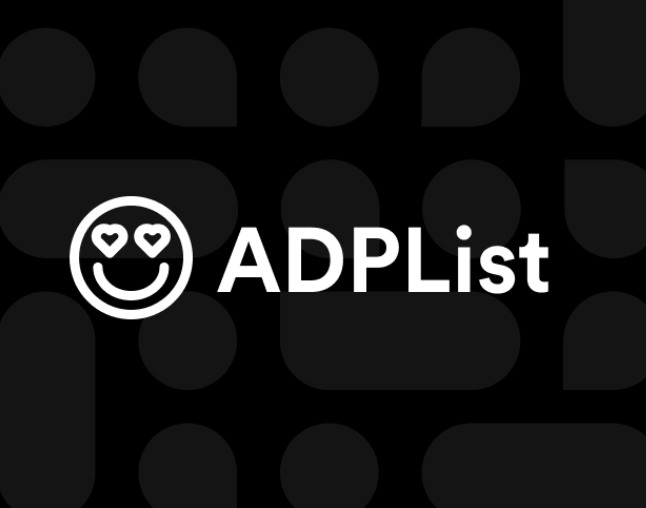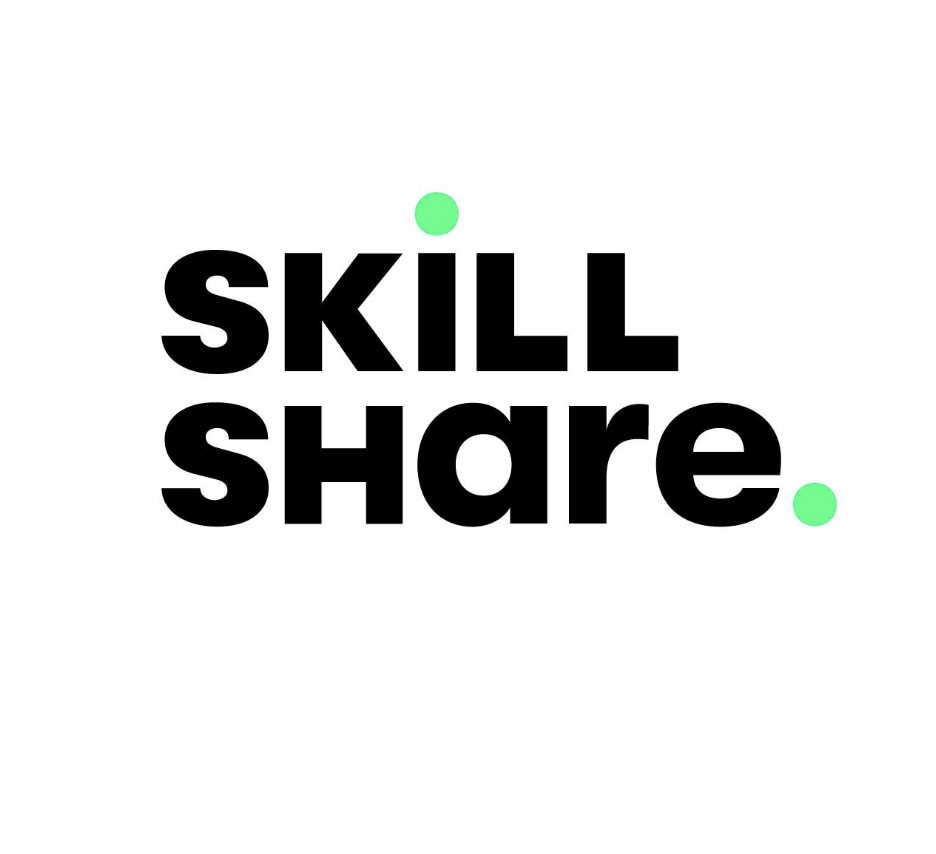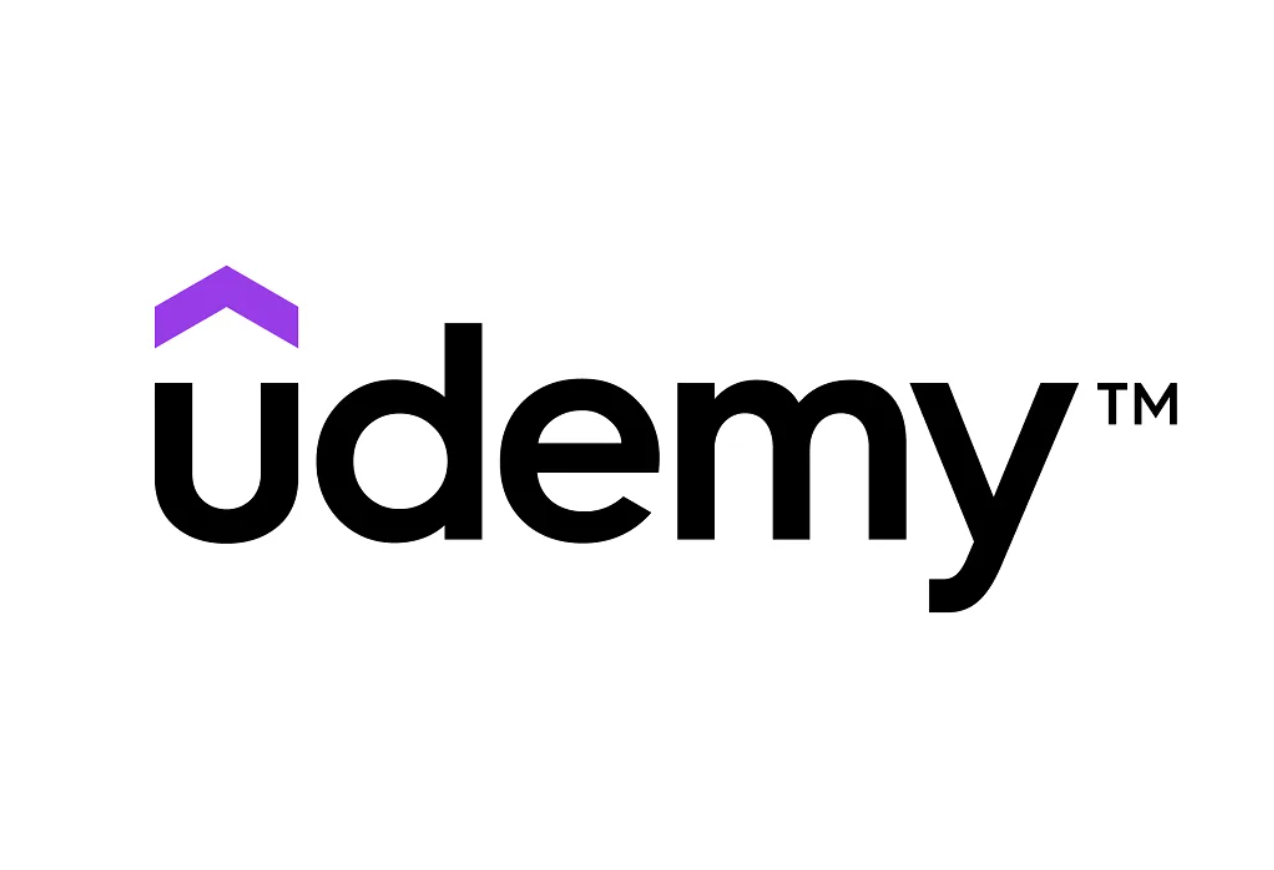Table of Contents
Physical Therapists
The 37% risk score reflects the overall automation risk of your profession on a scale of 0–100. The higher the score, the more likely parts of your role could be handled by AI, increasing efficiency, but also raising the possibility of job disruption. Nearly all jobs include tasks that are automatable to some degree.
In this role, you assess, plan, organize, and participate in rehabilitative programs that improve mobility, relieve pain, increase strength, and improve or correct disabling conditions resulting from disease or injury. Your job is considered Low Risk for AI automation.
Below is your job's AI vulnerability profile with salary trends and employment data, plus detailed breakdowns of tasks, knowledge areas, skills, and abilities. Each item includes AI risk scores and importance ratings to help you prioritize what to focus on. Remember, look for tasks that you can automate in your job to make you more productive, while focus on developing the areas that AI cannot easily automate. Plus, explore the technology section to see what tools and software you'll likely encounter in this role and therefore can look for AI alternatives.
You're already ahead of the curve by checking your risk and exploring your options. This project goes beyond one role, we’re building a global job warning system to help everyone stay ahead of AI. By supporting our research, you’ll unlock your full job profile, including detailed risk breakdowns, trend alerts, and priority access to new research. Supporting our research not only gives you deeper insights into your own role, it helps us keep this project alive for millions of others navigating the future of work, but don't worry, if you are not ready to support us, we provide enough free insights to get you started.
In the meantime explore the sections below, and don't miss the What to do next? section for practical steps you can start today.
Jump to Section
Salary Trends
Historical salary data for Physical Therapists
Higher salaries make roles attractive targets for automation due to greater cost savings potential. However, high-paying jobs often involve complex decision-making, creativity, and interpersonal skills that are more difficult to automate.
*Based on US labor data
Employment Trends
Historical employment levels for Physical Therapists
Increasing employment suggests growing demand for this role, indicating potential career stability and opportunities, but keep an eye on automation trends.
*Based on US labor data
On the job, you would
On-the-job activities and responsibilities that define your role. Each task is analyzed for automation potential and contributes to your overall AI risk assessment.
Planning and carrying out physical treatment programs involves personalized care and adaptation to individual patient needs, requiring human expertise and interaction, which AI cannot fully automate.
Recording patient medical histories involves documenting detailed information, which AI can assist with but still requires human oversight to ensure accuracy and context.
Evaluating patient outcomes involves understanding complex human conditions and requires human judgment and expertise, which AI can assist with but not fully automate.
Administering manual exercises and treatments involves hands-on care and adaptation to individual patient needs, requiring physical skill and human interaction, which AI cannot replicate.
Instructing patients and families in treatment procedures involves personalized instruction and adaptation to individual needs, requiring human empathy and interaction, which AI cannot easily replicate.
Conferring with patients and medical practitioners involves collaboration and understanding complex medical information, requiring human judgment and interaction, which AI cannot fully automate.
Reviewing referrals and medical records involves understanding complex medical information and patient needs, requiring human judgment and expertise, which AI cannot fully automate.
Recording patient medical histories involves documenting detailed information, which AI can assist with but still requires human oversight to ensure accuracy and context.
Obtaining informed consent involves processing paperwork and ensuring understanding, which AI can assist with, but human presence is needed for ethical and legal reasons.
Knowledge
Theoretical knowledge and understanding required for your position. Knowledge areas are evaluated for AI replacement likelihood and factor into your risk score.
Skills
Practical abilities and competencies you need to perform your job effectively. Skills are assessed for automation vulnerability and help determine your AI risk level.
Abilities
Innate and learned capabilities that enable you to succeed in your role. Abilities are analyzed for AI replication potential and contribute to your overall risk assessment.
Technology Used
Tools, software, and technological systems you use in your work.
Expert Insights
Add Your InsightsExpert comments on the job, click on the expert to see their answers.
Loading expert insights...
Loading expert insights...
What to do next?
Great news — your role is fairly safe for now, but it's smart to stay proactive. Choose your strategy below:
Recommended for Low Risk:
- • Upskill: Focus on human-centric skills that AI can't easily replicate (creativity, emotional intelligence, strategic thinking)
- • Use AI: Learn to leverage AI tools to enhance your productivity and stay ahead of the curve
- • Stay Alert: Monitor changes in your field to maintain your competitive advantage
Each tab contains curated resources designed to help you take the next step. More resources will be added over time.
Top Learning Platforms

Coursera
Unlimited access to 2,000+ courses from top universities.

LinkedIn Learning
Short, practical videos for on-the-job upskilling.

ADPList
Free global mentorship from experienced professionals in design, product, and tech.

Skillshare
Hands-on creative workshops to build your portfolio.

Udemy
Affordable deep dives on tech, leadership & more.
Top Learning Platforms

Coursera
Unlimited access to 2,000+ courses from top universities.

LinkedIn Learning
Short, practical videos for on-the-job upskilling.

ADPList
Free global mentorship from experienced professionals in design, product, and tech.

Skillshare
Hands-on creative workshops to build your portfolio.

Udemy
Affordable deep dives on tech, leadership & more.
Frequently Asked Questions
Based on our analysis, a this role has a 37% AI risk score, which is considered low risk. While some tasks in this role may be automated, the profession as a whole is for now, relatively safe from complete replacement. The key is understanding which specific aspects of your job are most vulnerable, some of which are shown on this page.
Want more detailed insights about your AI risk?
Get personalized recommendations, detailed task analysis, and ongoing AI risk monitoring with our premium insights.
Unlock Premium InsightsWill You Let AI Replace You?
Stay ahead of AI changes in your field. Get personalized updates about its impact on your career.
Join our community to receive curated insights about AI's impact on your role and industry.
Ad Space
This section is reserved for relevant ads or promotions.
